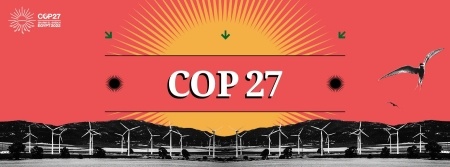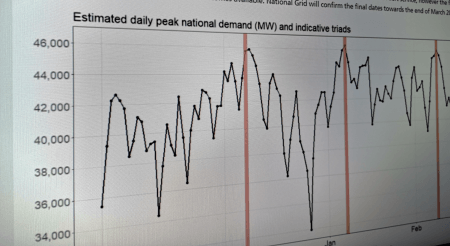
How to choose the best renewable energy supply for your business (in just 4 minutes)
Did you see the global climate protests last Friday? How about Greta Thunberg’s now viral speech at the UN Climate Action Summit the week before?
There’s no denying it, time to tackle the climate crisis is running out and people want action!
Companies are rushing to cut carbon emissions and switch to renewable energy.
But it’s not like flicking a switch. There’s a surprising number of factors to weigh up as you choose the renewable energy sourcing strategy that’s best for your business.
Confused? Start by watching this 4 minute video.
Andy Peyman outlines the various clean energy sourcing strategies for businesses and explains their relative pros and cons.
If you want to find out more, watch our webinar where Andy dives deeper into the world of renewables.
Here’s a big question: What’s the best way to buy energy to help your business’ sustainability targets?
Hi, I’m Andy Peyman and because I strike a lot of clean energy deals for our business customers, I’m asked that question a lot.
So what’s the answer?
Well, that depends on your business’ goals, set up, and capabilities. So, let’s keep it simple. We’ll look at the key things you’ll need to work out to choose your ideal clean energy option.
The good news is: you have two main choices. You can source clean power directly from a generator OR indirectly via your electricity supplier.
Okay, let’s take those one at a time.
If you go direct, you won’t be alone. Lots of companies are now thinking this way. You’ll need a contract called a Power Purchase Agreement or a PPA. And, there are two main types of those:
- First, a Private Wire PPA is when your business is physically connected with a wire to a nearby renewable energy generator.
- Second, a Corporate PPA. It’s similar to a Private Wire but you’re not physically connected. Your clean energy generator can be anywhere in the UK - and your power comes via the Grid.
Okay, next. If you go indirect, when you sign up to your Standard Contract, your electricity supplier will provide you with electricity that’s backed by low carbon certificates. Who the generators are, isn’t so important.
So, which one’s right for your business? Let’s look at the four headline differences:
- Carbon Credentials
All the options let you report lower emissions, but PPAs give you much more credibility. Now, a PPA is a lot more authentic because you can actually point to where your clean energy comes from. And if you’ve struck a contract with a generator that isn’t built yet, you’ve struck sustainability gold! Additionality!
Additionality means you can legitimately claim your business was crucial to adding more renewable energy to the UK’s mix - and helping to make a real impact on carbon emissions. - Cost certainty
In a PPA, you’re setting your energy price for a long period - say 10 to 15 years! On the plus side, you always know your energy price. But, the risk is that over time your fixed energy price will be above the going market price.
Standard Contracts tend to be shorter term so you don’t have this risk, but equally you don’t have the long term cost certainty. - Complexity
PPAs are much more involved to set up and to manage. So, you need the skills and time to make it work.
On the flip side Standard Contracts, are…well…standard! So, they’re really quick and simple to agree. - Commitment
With a PPA, you have to commit to buying a specified volume of energy for 10 to 15 years. And then you may have to wait for your generating site to be built after signing.
But it’s totally different on Standard Contracts. You can buy what you need, for how long you need it, and you can start right away.
So, in short PPAs come with much better carbon credentials and can make a real difference to actual carbon emissions. But they’re more complex to manage and require long-term commitment.
But if that’s not right for your business now, Standard Contracts can go some way to meet your emissions targets - in a way that’s fast, flexible and efficient.
Related articles

What the Energy Bills Discount Scheme means for businesses

